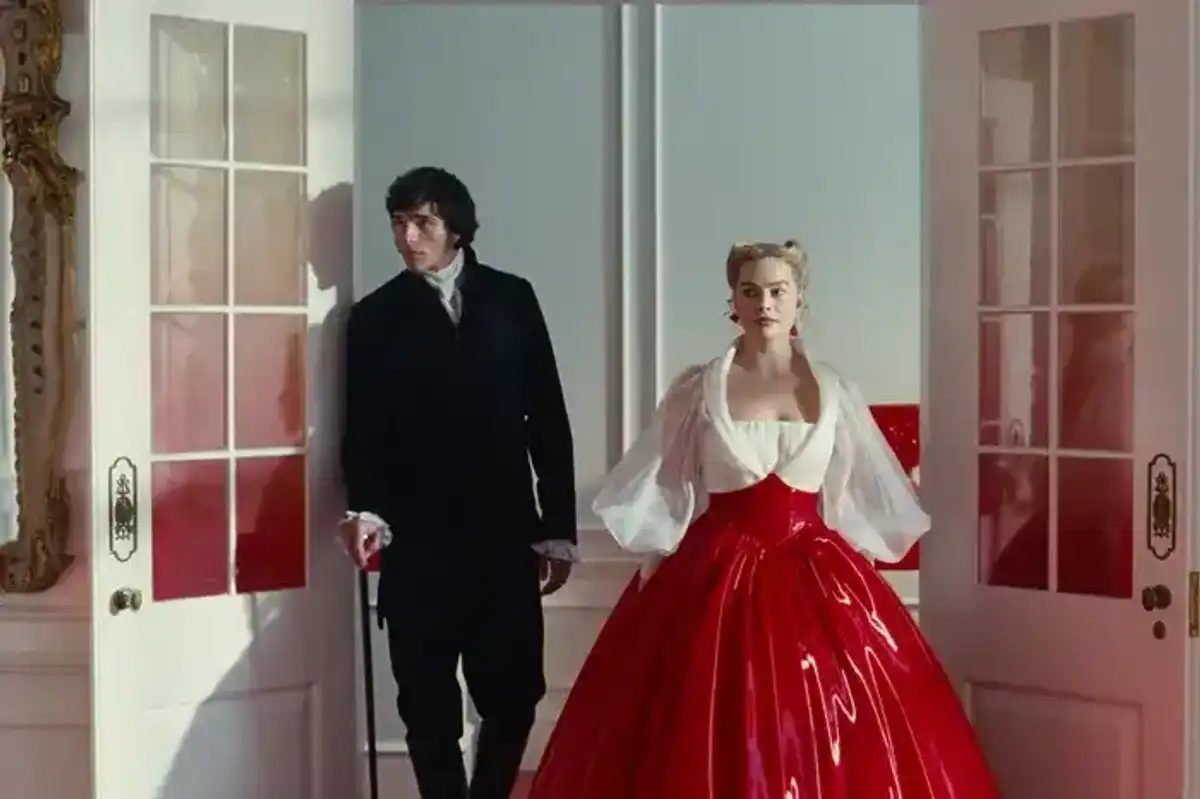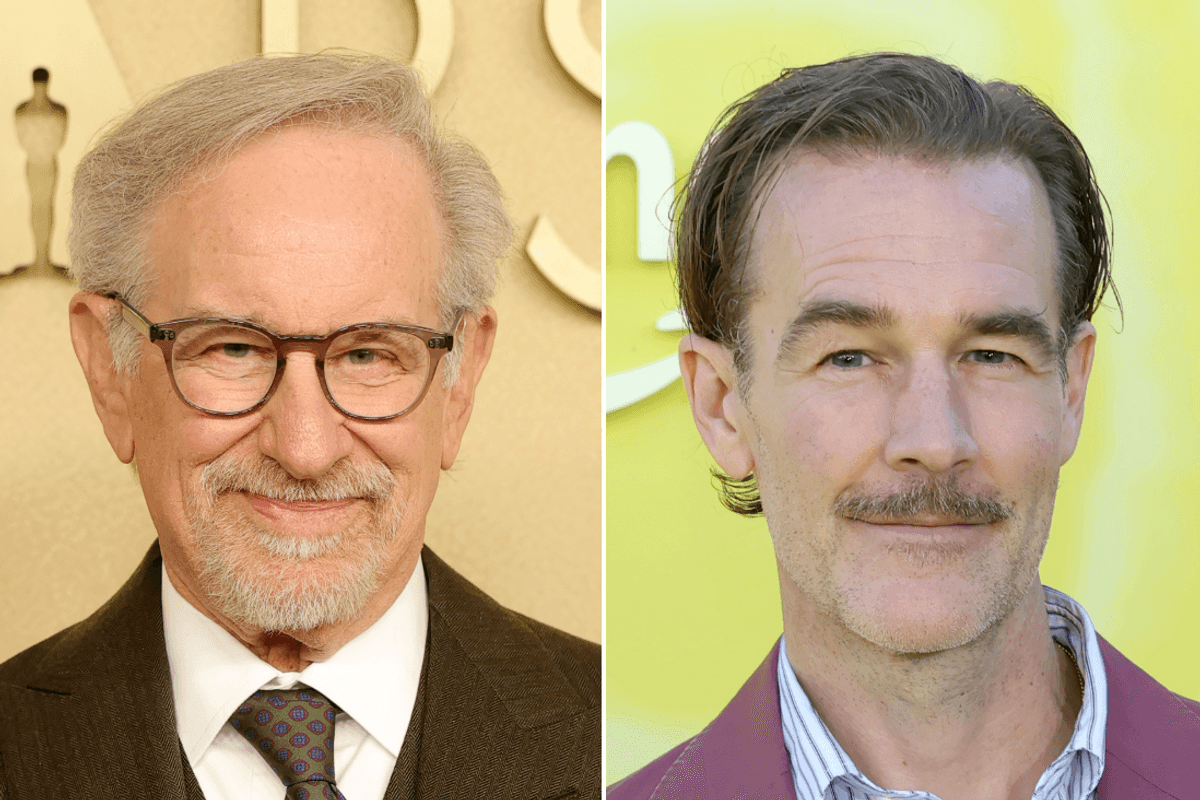Chelsea FC owner and pro-Kremlin oligarch Roman Abramovich sanctioned by UK government
The word ‘oligarch’ has become a go-to word at the moment for obvious reasons.
After Russia invaded Ukraine at the end of last month, sparking international condemnation, other European countries soon slapped economic sanctions on Russian businessmen – or rather, oligarchs.
In fact, it was only as recent as Thursday that the Foreign and Commonwealth Development Office announced its latest sanctions, targeting seven Russian capitalists including Chelsea FC owner Roman Abramovich and Gazprom CEO Alexei Miller.
The oligarchs have had their assets frozen, as well as being banned from engaging in transactions with UK citizens and businesses and travelling to the UK.
In a statement announcing the measures, Liz Truss, the foreign secretary, said: “[These] sanctions show once again that oligarchs and kleptocrats have no place in our economy or society. With close links to Putin they are complicit in his aggression.
“The blood of the Ukrainian people is on their hands. They should hang their heads in shame.
“We will not stop in this mission to ramp up the pressure on the Putin regime and choke off funds to his brutal war machine.”
But what does the word actually mean and why are they different to billionaires?
Sign up to our free Indy100 weekly newsletter
Rather helpfully, Merriam-Webster define ‘oligarchy’ as “[a] government by the few […] in which a small group exercises control especially for corrupt and selfish purposes”.
To offer up another definition, Thomas Graham, a former senior director for Russian affairs during George W. Bush’s presidency, told CNN in 2018: “Oligarchs are rich Russian businessmen who are close to the seat of power in Russia. Almost any Russian businessman is an oligarch, because in Russia there is a close relationship between private wealth and public power.”
It also means that when an economic sanction hits an oligarch, the government is likely to be affected, because of their dependency on them,
As Mr Graham went on to explain to CNN: “The difference in [the US] is we have institutions [and] we have independent court systems. You can try to influence policy, but you don’t have to have access to the political power to protect your property.
“You can be a rich businessman in the US and not worry about your contacts in government. It’s a little bit different in Russia; each business decision you make, you have to be checking with your contacts in the Kremlin.
“The government can strip you of your oligarch status.”
The seven oligarchs sanctioned by the UK on Thursday are understood to have a collective net worth of around £15 billion.
However, the announcement of the sanctions didn’t go too well for the FCDO, as it said it was revealed it had sanctioned one Russian individual, only to use a picture of somebody else entirely.
Pointing out the issue on Twitter, journalists noticed that the UK government department had in fact used a picture of former Russian president Dmitri Medvedev, instead of Dmitri Lebedev of Bank Rossiya.
he Independent has a proud history of campaigning for the rights of the most vulnerable, and we first ran our Refugees Welcome campaign during the war in Syria in 2015. Now, as we renew our campaign and launch this petition in the wake of the unfolding Ukrainian crisis, we are calling on the government to go further and faster to ensure help is delivered. To find out more about our Refugees Welcome campaign, click here. To sign the petition click here. If you would like to donate then please click here for our GoFundMe page.
Have your say in our news democracy. Click the upvote icon at the top of the page to help raise this article through the indy100 rankings.














